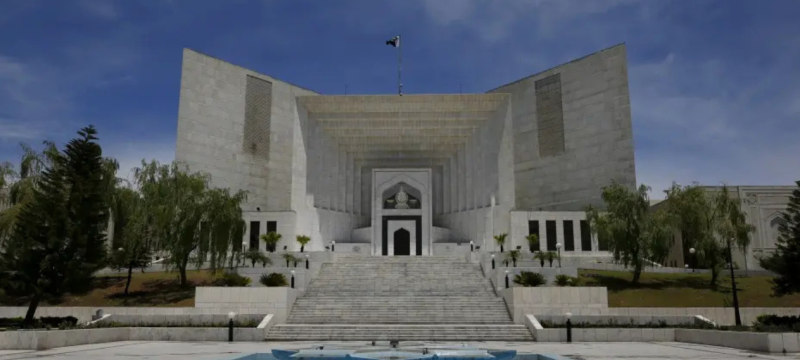ISLAMABAD – The Supreme Court has underscored the urgent need to adopt artificial intelligence (AI) in the judicial system to reduce case delays, warning that prolonged proceedings often amount to a denial of justice.
In a written judgement, Justices Mansoor Ali Shah and Ayesha Malik noted that timely justice is a constitutional right and vital for maintaining public trust in the judiciary.
Landmark judgement on decade-old case
The ruling came in a case concerning a 2011 auction that had been pending in the Peshawar High Court for nearly a decade before reaching the Supreme Court in 2022. Despite years of litigation, the matter was never properly heard.
The judgement observed that judicial delays weaken the system, undermine the rule of law, and hurt public confidence. It stressed that such delays disproportionately affect marginalized groups who lack the financial capacity to sustain long legal battles.
The court also highlighted that prolonged litigation damages institutional credibility and can even discourage investment in the country.
Over two million cases pending nationwide
The Supreme Court revealed that more than 2.2 million cases are currently pending across Pakistan. Of these, nearly 55,941 are awaiting hearings in the Supreme Court itself.
The judgement called for a modern, technology-driven case management system, urging the integration of AI to improve efficiency, accountability, and transparency in judicial processes.
AI and smart solutions proposed
The court emphasized that justice delayed is justice denied, and urged the adoption of AI-based systems to ensure timely hearings. It ruled that providing timely justice is not just an administrative matter but a constitutional obligation.
Petition dismissed for lack of follow-up
In the specific 14-year-old auction case, the Supreme Court dismissed the petition due to lack of follow-up. Neither the petitioner nor their representative appeared, underlining the challenges of pursuing such prolonged disputes.
The court concluded that delays can ultimately amount to an end of justice, reinforcing the urgency for reforms.
Read Also: Two Iranian Supreme Court Judges Killed in Tehran Shooting







